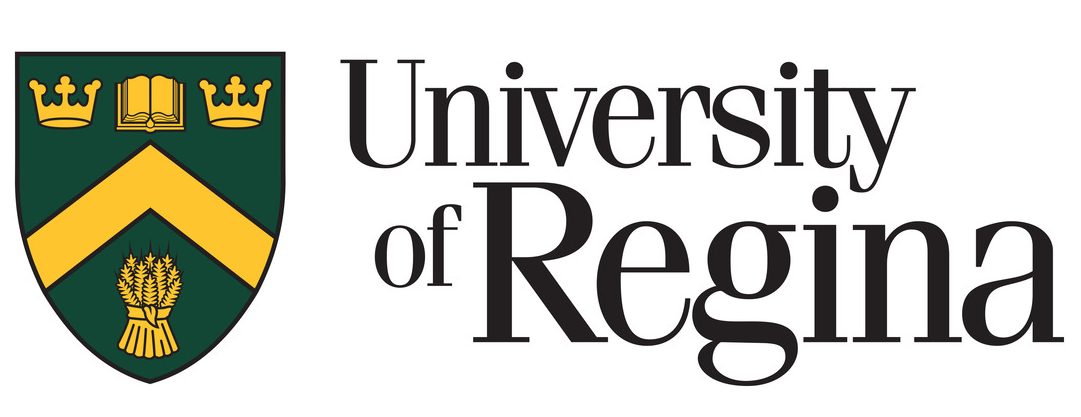Sites like Chegg, Course Hero and OneClass are online learning platforms that encourage students to share and access course-specific study resources. While these platforms do make some effort to ensure that materials posted are the property of the student, unfortunately instructor materials are increasingly being shared on these sites without the instructor’s permission. Internet sites, such as these, have a legal obligation to address any request from copyright owners to remove unauthorized material. (For more information, see Notices to Canadian Internet subscribers.)
Student Responsibility and Ownership
Students are also creators and thus may post their own intellectual property, such as reading notes in their own words, their essays, or other personally created materials in any way they like. Students may also post short excerpts of instructor work to non-commercial sites, for a fair dealing purpose (such as criticism, review, education, or news reporting). It is equally important to remember that students are often giving up their rights to their work when they ‘agree’ to the terms of the website that makes their works available.
Moreover, many assignments or student works are the result of group projects that consist of collaborations with fellow students. In this case, permission from each contributor must be obtained before materials can be shared beyond the group. Again, it is important for students to consider what materials they are sharing and that there are academic implications for assisting in an offence. Students should contact the course instructor if they have any concerns or questions. (Student Code of Conduct and Right to Appeal)
Useful links:
We acknowledge that this page draws substantially on the following sources.
- Cornell University guide to copyright management for course instructors: https://copyright.cornell.edu/course_material
- Unauthorized Sharing of Teaching Materials: https://lib.unb.ca/copyright/inappropriate-sharing-my-teaching-materials
